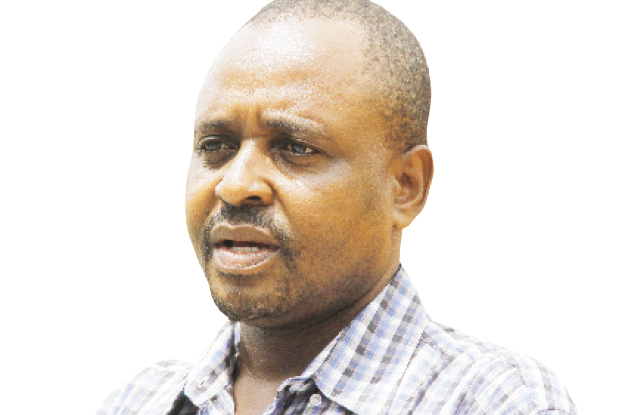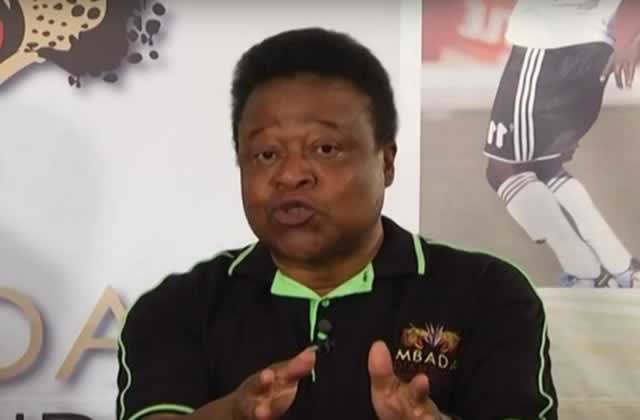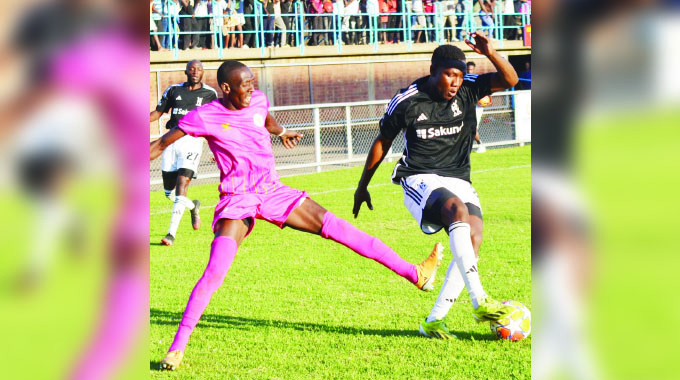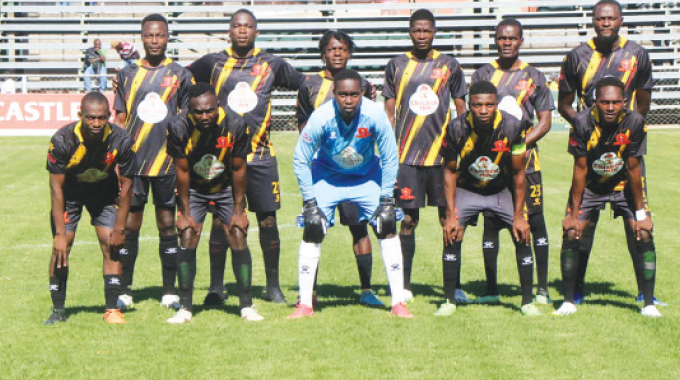Age cheats risk procecution: Zifa

Ricky Zililo Senior Sports Reporter
ZIFA is taking a giant leap towards combating age-cheating in football by warning perpetrators that they risk prosecution.
The association and its development affiliates Nash and Naph have over the years struggled to fight age-cheating despite Nash introducing prohibitive fines in a bid to discourage schools from fielding over-aged players.
Nash set a $500 fine per player for schools caught using over-aged pupils at the 26th edition of the Copa Coca-Cola tournament.
Zifa chief executive officer Jonathan Mashingaidze warned age-cheating masterminds that they risked being prosecuted.
He said Zifa would also ban coaches found guilty of knowingly using over-aged players.
“This age-cheating cancer is deep. It starts at schools, going through clubs and eventually the national teams. What we’re saying is that we’re out of the 2018 World Cup and to prepare for the 2022 edition, we’ve to build a strong foundation,” said Mashingaidze.
“It’s the Under-20 and Under-17 age groups that we’ve to invest in and ensure that we develop right aged players. It’s a waste of resources and time to have our coaches using over-aged players in junior tournaments. Actually that’s criminal because age-cheats are using documents produced by government offices and misrepresent under oath.
“That on its own is prosecutable and we will not hesitate to have people arrested or banned from football.”
He said the community also has a role to play in helping combat age-cheating.
“If we want to be successful as a nation, the community should come to the party. These are the people who see these children growing up and they know their ages. They can help combat age-cheating by being anonymous whistleblowers. Even parents who are duped into allowing their children to alter identification documents shouldn’t agree to that because they too can be prosecuted. They must alert us of these criminals who are enemies of development,” Mashingaidze said.
He said Zifa was in the process of making it mandatory for clubs and schools to register their players through the transfer matching system (TMS).
Through the multi-purpose central data processing system, it will be easy for Zifa to have records and monitor juniors as they develop.
Mashingaidze was hopeful that if properly used, the TMS would help curb age-cheating.
“Fifa gave us a multi-purpose equipment to capture players’ data right from the juniors. What happens is that this device will help us store players’ information from Under-13s, Under-15s and Under-17s.
“Whenever a player is called for junior provincial tournaments, their details will be recorded and should they then alter their age later, we will pounce on them because we will be having their original details. It’s like we will be keeping a player’s portfolio until they graduate for senior competition so that information won’t be tampered with,” Mashingaidze said.









Comments